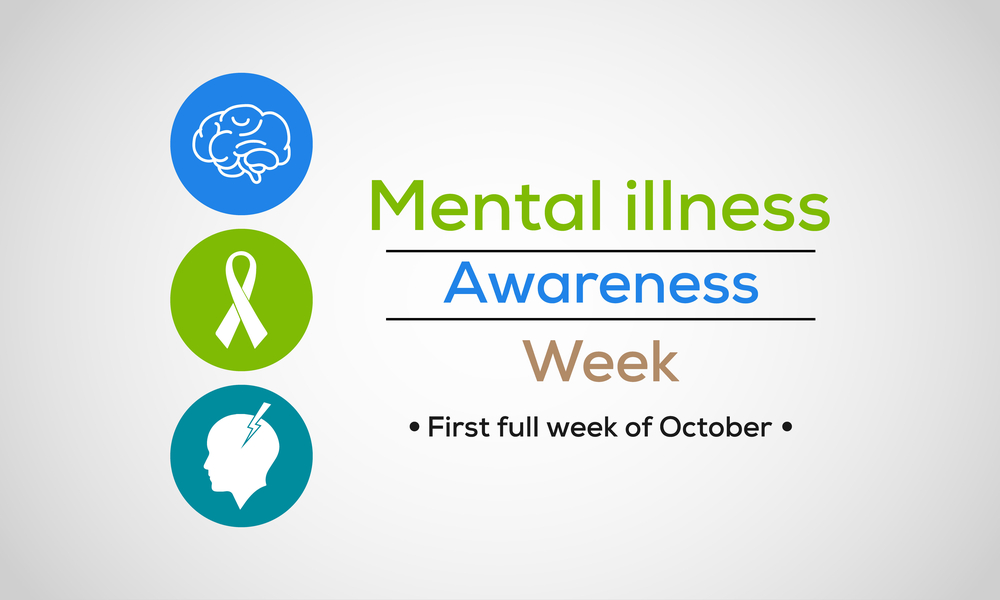Mental Illness is a Global Problem

by Annette Pinder
According to the World Health Organization (WHO), over one billion people worldwide are affected by mental health conditions. Mental health conditions, particularly depression and anxiety, now rank as the second leading cause of long-term disability, leading to substantial loss of healthy life and higher health-care costs for individuals and families. Their economic impact is estimated to cost the global economy around $1 trillion annually, primarily due to lost productivity.
“World Mental Health Today” and “Mental Health Atlas 2024” reports highlight progress and gaps in global mental health care. WHO Director-General Dr. Tedros Adhanom Ghebreyesus stresses that transforming mental health services is a top public health priority, urging all governments to recognize mental health as a fundamental right and invest accordingly.
Both reports show that while prevalence can vary by sex, women are generally more impacted by mental health disorders. Anxiety and depression are the most common issues across all genders. Suicide, a particularly tragic outcome, caused an estimated 727,000 deaths in 2021 and remains a leading cause of death among young people worldwide. Current efforts are insufficient to achieve the UN’s Sustainable Development Goal of reducing suicide rates by one-third by 2030; at the current rate, only a 12% decrease will be reached.
Despite some progress since 2020—such as updated national policies and improved integration of mental health into emergency responses—many countries have not enacted the necessary legal and systemic reforms. Only 45% of nations have mental health laws that fully align with international human rights standards. Government funding for mental health remains flat, with a median of only 2% of health budgets dedicated to mental health—unchanged since 2017. High-income countries spend up to $65 per person, while low-income countries allocate as little as $0.04 per person. Globally, there are only 13 mental health workers per 100,000 people, with shortages being especially severe in low- and middle-income regions. In the U.S., mental health services account for about 1% of the national budget.
The shift toward community-based mental health care is progressing slowly, with fewer than 10% of countries fully adopting this model. Many still depend heavily on psychiatric hospitals, with nearly half of inpatient admissions occurring without consent and over 20% lasting longer than a year. Access to care remains highly unequal: Less than 10% of people in low-income countries receive essential services, compared to over 50% in wealthier nations.
On a positive note, mental health promotion programs—such as those in schools and early childhood development—are growing, with over 80% of countries now including mental health support in their emergency response plans. Telehealth and outpatient mental health services are expanding, but access still varies.
The WHO urges governments and global partners to increase investment, carry out legal reforms, and improve workforce training, while emphasizing community-based, person-centered care. The reports stress that real change will only occur through sustained, coordinated efforts across all sectors to ensure mental health is acknowledged and protected as a universal right.









